Rev Al Sharpton speaks about progress in civil rights on Juneteenth: ‘We’re not out of the woods yet’
‘I’ve lived long enough to see some things... I’ve seen enough victories to know that we can win,’ he said
Rev Al Sharpton has revealed he never thought he would live to see his 40th birthday as he spoke about the progress made in the civil rights movement – and where there is still more work to be done – on the eve of Juneteenth.
The civil rights leader, 67, spoke on stage alongside New York film director Spike Lee and singer John Legend at the Tribeca Film Festival on Saturday night following the premiere of new documentary Loudmouth.
Loudmouth chronicles Rev Sharpton’s life spanning more than five decades as an activist and religious leader during major points in the civil rights movement including the 1986 lynching of three Black men in Howard Beach, New York, and the 2020 murder of George Floyd.
“We’re not out of the woods yet,” he said.
“But we’ve done enough paths in the woods to believe we can get out.”
He added: “I’ve lived long enough to see some things.... I’ve seen enough victories to know that we can win.”
However, there is still “a long way to go,” he added.
Rev Sharpton pointed to the killing of 10 Black people by a self-proclaimed white supremacist and racist in a mass shooting in a grocery story in Buffalo, New York, just last month.
The gunman intentionally targeted the community because of its predominantly Black population and claimed he was carrying out the attack because of a disproven theory that the white population is being deliberately replaced, according to investigators.
Rev Sharpton gave the eulogies at the funerals of some of the victims of the racist attack.
“I still believe we’ve got a long way to go,” said Rev Sharpton.
“Just three weeks ago I preached the funeral of three in Buffalo. The only reason they are dead is because of the colour of their skin.”
Rev Sharpton said that people “don’t want to talk about” racism existing in New York as he urged people to face up to the truth.
In the documentary, footage was shown from the 1986 Howard Beach attack and the protests organised by Rev Sharpton in the aftermath.
On 20 December 1986, three Black men were attacked by a group of white men in the predominantly white Italian-American community after their car broke down in the area.
During the racist attack, 23-year-old Black man Michael Griffith was chased into the path of traffic and died after being hit by a car.
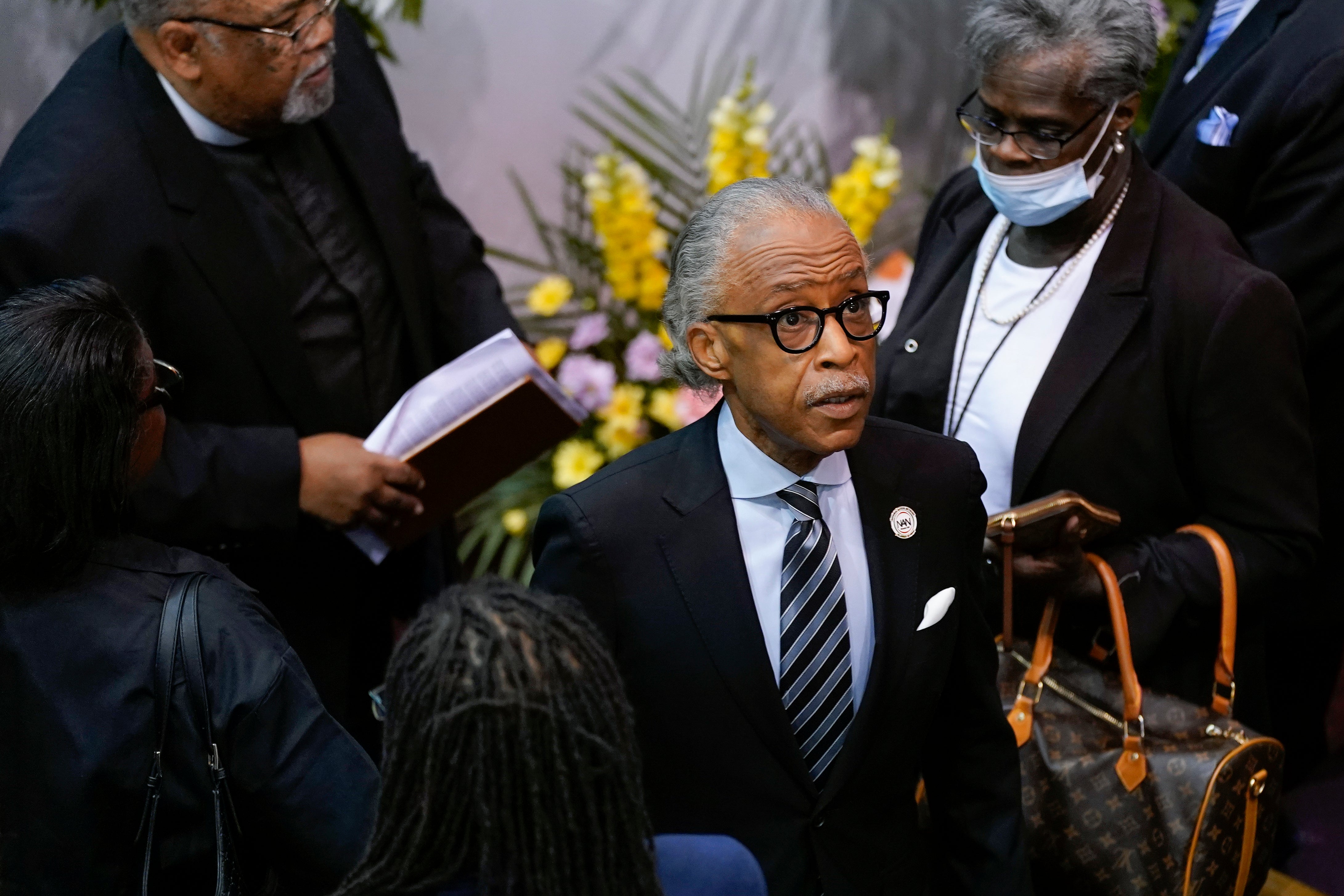
In the documentary, one of Rev Sharpton’s colleagues at the time said that “New York was the Birmingham of the north”.
Rev Sharpton explained: “People are comfortable with talking about what happened down south.
“They don’t want to talk about what happened in New York... We have a national race problem.”
Mr Lee said that New Yorkers need to be “honest” that the problem of racism also exists there.
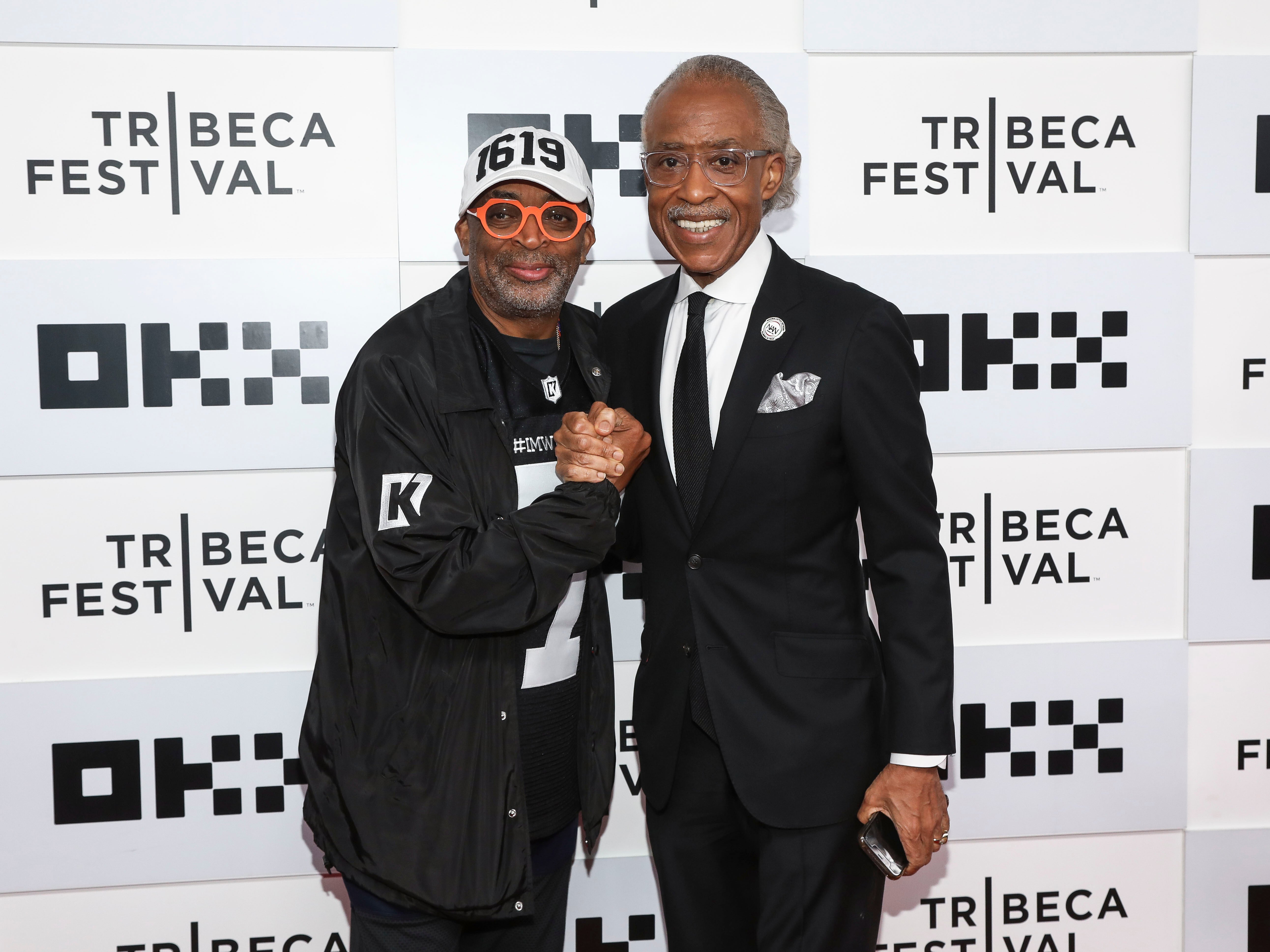
“Racism doesn’t really happen in a particular zip code,” he said.
While New York is “the greatest city in the world”, he said that “Howard Beach and a whole lot of stuff has gone on”.
“We have to be honest that we’ve got a problem in New York City – we have to face that as New Yorkers,” he said.
“We have to be honest with that. This is not Shangri-La. There’s a whole lot of messed up stuff here, even continuing today.”
Mr Legend said that he sometimes finds it “frustrating” caring about justice for Black people because whenever there is progress made, a backlash follows.
“Every time we have progress, there’s a backlash, and the backlash is: ‘Oh, we’ve got to control this narrative,’” he said.
“Everybody knows how important narrative is and how important who’s telling the story and what perspectives are being represented.”
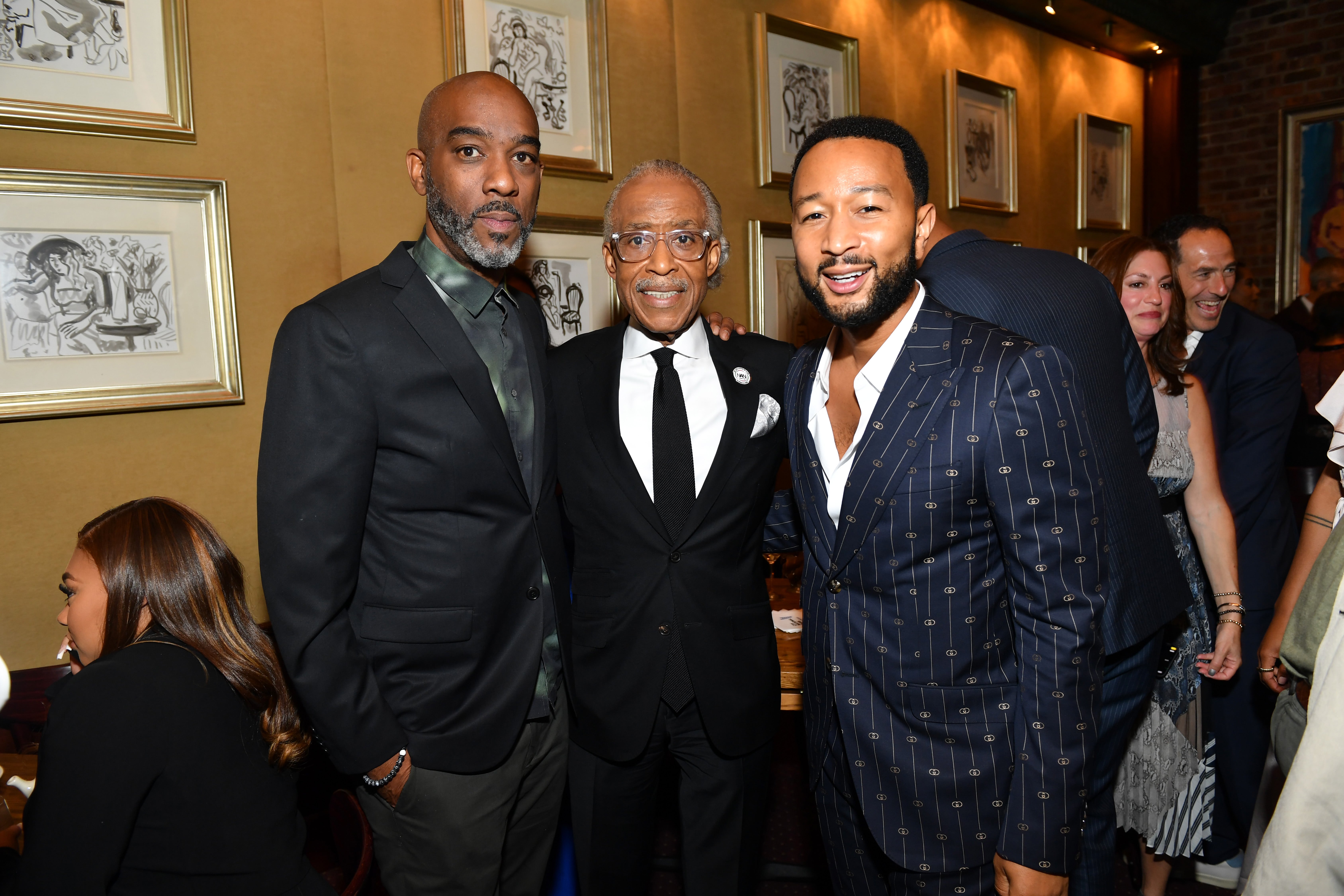
The backlash over the last year and a half following the racial reckoning after George Floyd’s death has been “so strong”, he said.
He added that seeing the documentary on Rev Sharpton’s ongoing fight was “what I needed personally to inspire me to keep fighting”.
Despite the fights he has gone through, Rev Sharpton spoke about how he believes his struggles have been less than the generation of civil rights leaders who came before him.
“I woke up one morning and I was 40 years old and I realised that we in the movement never thought we would live past 39,” he said.
“My generation – I’m the generation after John Lewis and Jesse Jackson – was the first generation of civil rights leaders who had to learn to get older as we never had to do that.
“We never had to think about that – let alone to see your grandson be born.”
Despite the close call, the activist said that having seen how much his “heroes” suffered, he doesn’t feel he has “the right to complain” about being vilified by some people and the media. Nelson Mandela spent 27 years in jail not knowing if he would ever be free. Martin Luther King Jr “never saw his 40th birthday” as he was assassinated in Memphis, Tennessee, in 1968.
Rev Sharpton was stabbed in the chest with a five-inch blade by a white man during a protest in New York in 1991.
The knife missed his heart and he survived.
“How can I complain?” asked Rev Sharpton.
“I might be vilified but I got a lot more done positive for me than they did so how can I complain?
“Compare the people I followed: they never had a TV show, they never had a radio show – or had a friend with an estate in the Hamptons,” he joked.
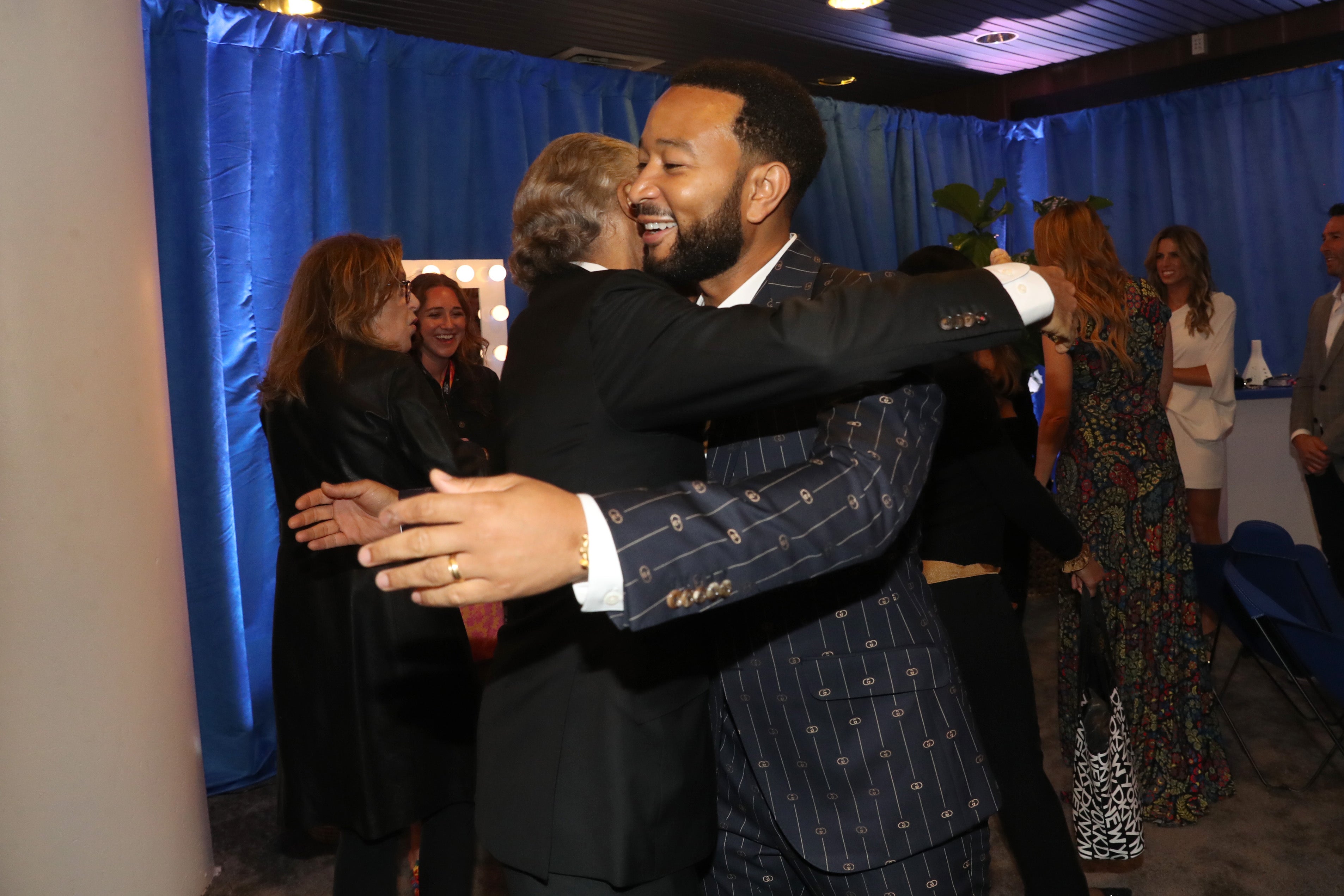
The activist told how he has witnessed many “victories” in the movement including the US electing its first ever Black president, Barack Obama.
He said he was once asked how he would carry on being a civil rights leader under a Black president.
“How can you fight and challenge the head of state without undermining him?” he asked.
He said it has been a “learning process and evolving process” for him over the last 20 years as he said that – now that Black people hold more positions of power and influence – they have to prove that it wasn’t “all an ego trip”.
Recounting a conversation with Mandela when he won the election in South Africa in 1994, Rev Sharpton recalled the new president telling him: “We’ve proven now that we can win an election. Now we have to prove that we can run a country.”
“The real challenge,” said Rev Sharpton, “is now that we’ve got here – we’ve got a Black mayor, Black police commissioner, Black president of the city council here tonight [in New York City] ... we’ve got more power than Blacks ever had.
“Now we’ve got to prove we can bring crime down and policing at the same time.
“We have to prove that it wasn’t all an ego trip that when we get into positions we do something with it.”
However – despite there being much more to be done – Rev Sharpton said that the fact that Juneteenth is now a federal holiday in the US and that the Tribeca Film Festival closed with a screening about civil rights is itself a sign of the progress that has been made.
“I think it’s amazing that on the eve of Juneteenth – that is now a national holiday – that Tribeca in all that it means to this city and around the world would have this film on this night,” he said.
“There was a time that people in the art world in New York would not talk about issues like this and to give this such a prominent space means a whole lot to the movement.”
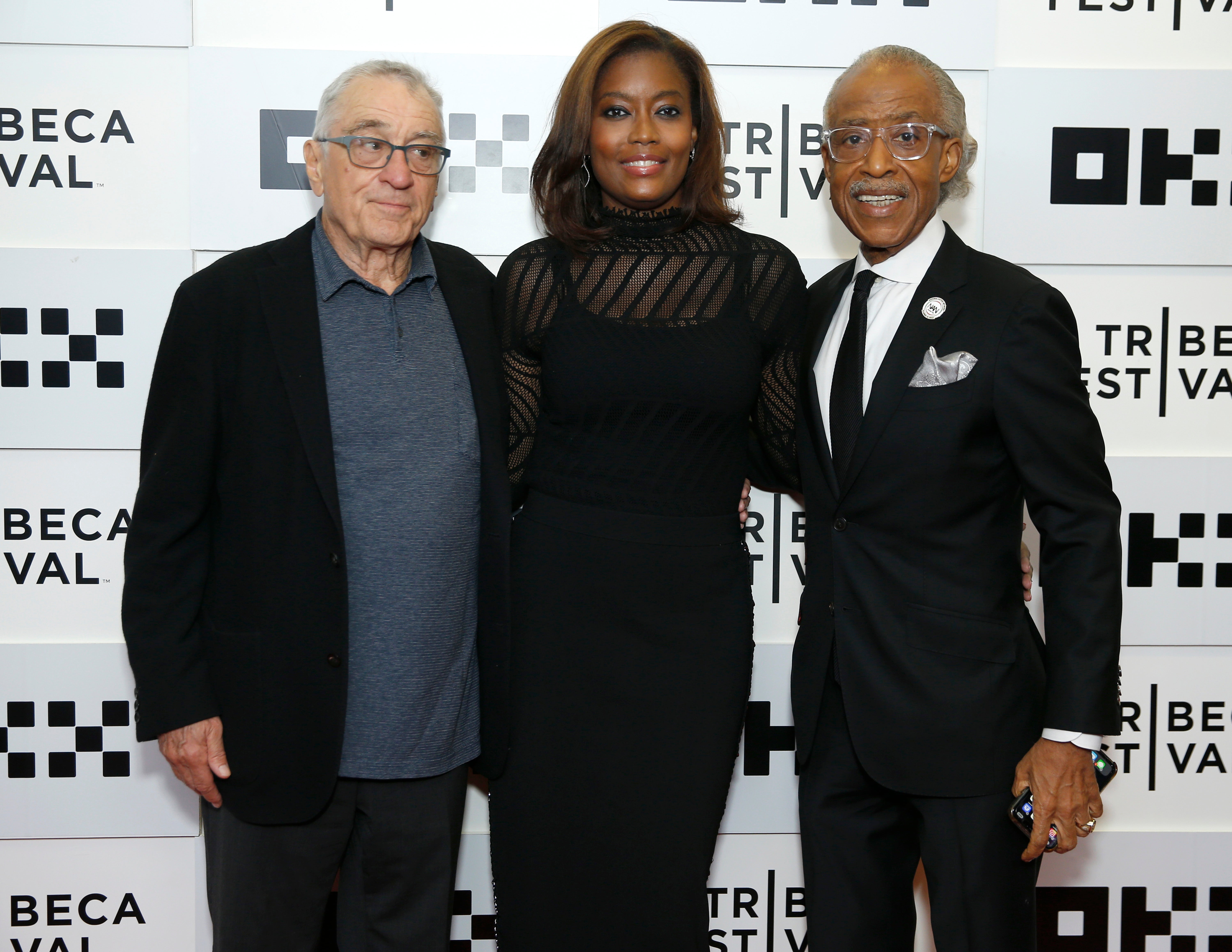
He pointed out that members of the families of George Floyd, Ahmaud Arbery, Eric Garner and Nelson Mandela were in the room, saying that it was important for them to see that moment.
“For all of them to see that Tribeca would end the night before Juneteenth and highlight to the world that struggle – it is bigger than all of us but we are characters in this,” he said.
Juneteenth commemorates the day – 19 June 1865 – when the last enslaved African-Americans learned that slavery had been abolished.
The Emancipation Proclamation had been issued in 1863 by President Abraham Lincoln but it was two more years until the word reached the last people in Texas.
In 2021, President Joe BIden made Juneteenth a federal holiday.
Join our commenting forum
Join thought-provoking conversations, follow other Independent readers and see their replies
Comments

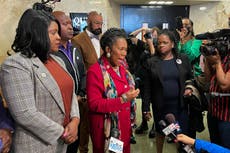
Bookmark popover
Removed from bookmarks